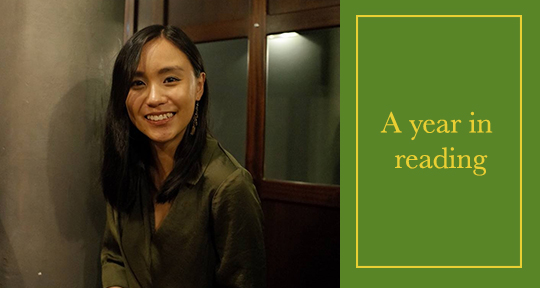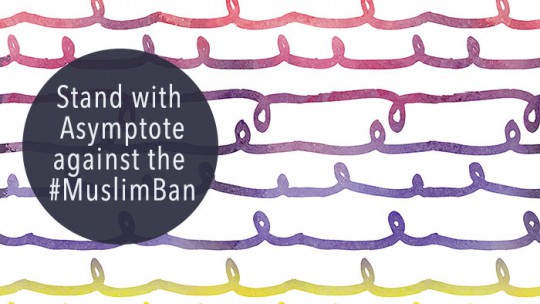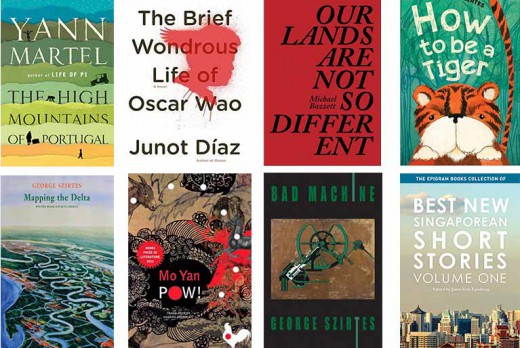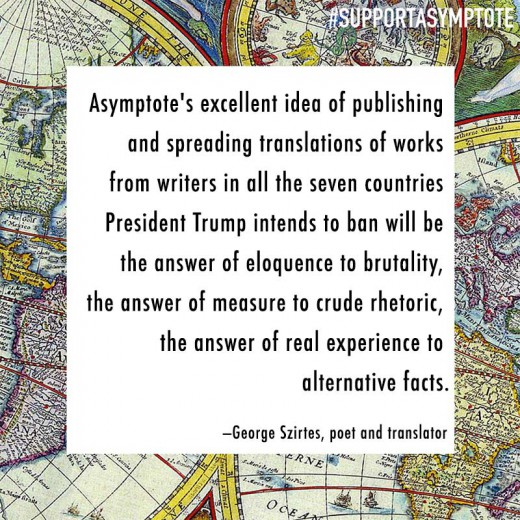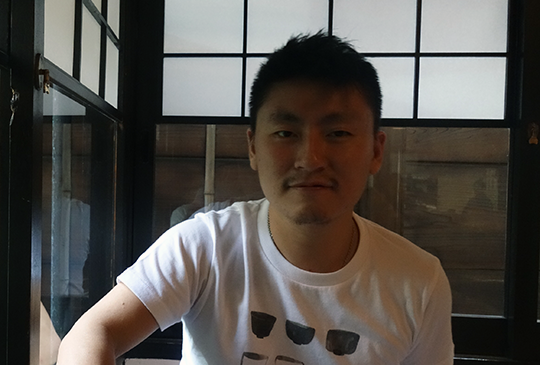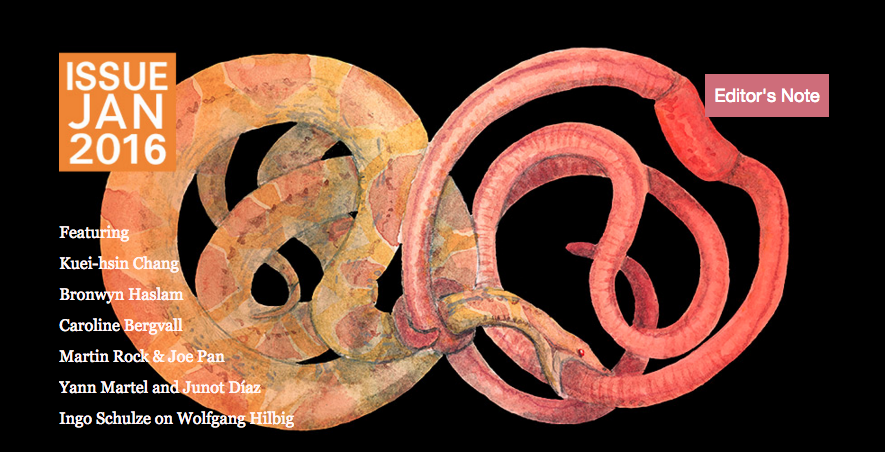In today’s post, Assistant Blog Editor Chloe Lim shares the books that defined her year in reading. As she moved between two cities and two phases of her life, Chloe also explored literature from Albania, Taiwan, and the Caribbean diaspora—and made some reading resolutions for 2019 along the way!
2018 has been a strange transitional year. I spent half of it in Oxford, finishing a Masters degree, and the other half in Singapore. Making sense of the world, and the daily madness of news cycles, became just a bit more bewildering working from two different cities. Recently, my days have been filled by attempts to try new things, and being open to the unexpected experiences that moving can bring. My year in reading has followed that pattern: eclectic as a whole, but generous in providing new perspectives and often respite from the chaos of world politics.
A friend gave me a copy of Murakami’s South of the Border, West of the Sun for my birthday last year, and it became one of the first books I read this year. A slim novel in and of itself, it’s breathtaking in its pacing, and filled with Murakami’s trademark haunting prose. Arguably a great read for the winter months, Shimamoto’s melancholy, grief, and terrible loneliness are coupled with an ennui she compares to the illness hysteria siberiana. Picturing herself as a Siberian farmer, she explains:
“Day after day you watch the sun rise in the east, pass across the sky, then sink in the west, and something breaks inside you and dies. You throw your plough aside and, your head completely empty of thought, you begin walking toward the west. Heading toward a land that lies west of the sun.”

